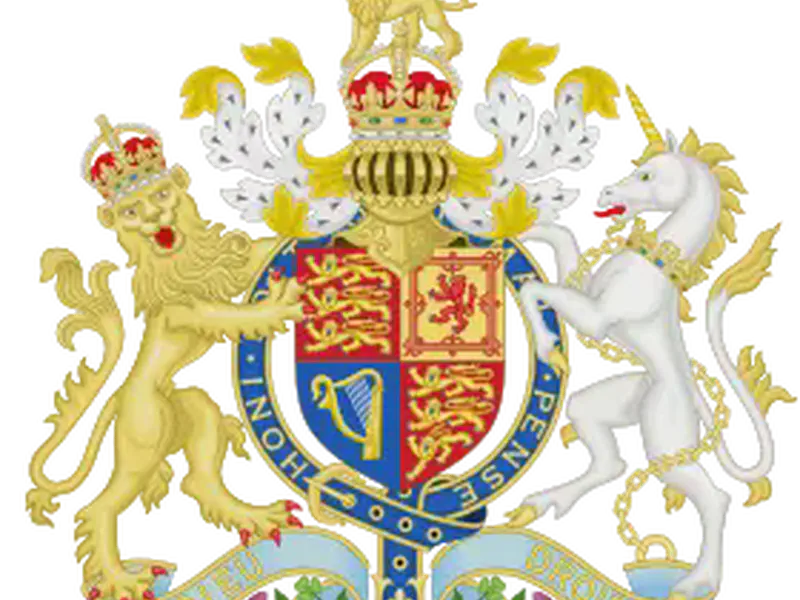- Home /
Today in Celtic History
Section: Today In Celtic History
People and Events from the Celtic World that Shaped World History
On August 14

August 14, 1964
The University of Strathclyde in Glasgow was officially constituted as a university on August 1, 1964. It was formed from the Royal College of Science and Technology, which had a long history dating back to the early 19th century. The University of Strathclyde is known for its strong emphasis on technology and innovation, and it has grown to become one of the leading universities in the United Kingdom.

August 14, 1907
H. Montgomery Hyde, author and unionist MP, is born in Belfast
H. Montgomery Hyde, an accomplished author, historian, and Unionist Member of Parliament (MP), was born on August 14, 1907, in Belfast, Northern Ireland. Hyde was a prominent figure in British and Irish political and literary circles, known for his extensive writings on a wide range of topics, including legal history, biographies, and civil liberties.

August 14, 1903
The Land Purchase Act (Wyndham Act)
The Land Purchase (Ireland) Act of 1903, commonly known as the Wyndham Act, was a landmark piece of legislation that significantly advanced the process of land reform in Ireland. Named after George Wyndham, the Chief Secretary for Ireland who introduced the bill, the Act allowed tenant farmers to purchase the land they worked, with substantial financial support from the British government.

August 14, 1850
The Irish Franchise Act tightened voter registration, increasing the urban electorate and decreasing the rural electorate.

August 14, 1827
Foundation is laid for the George IV Bridge, Edinburgh
The foundation for the George IV Bridge in Edinburgh was laid in 1827. However, the construction faced significant delays and was not completed until 1836, primarily due to a lack of funds.

August 14, 1814
Mary O’Connell, who became known as Sister Anthony, was born in County Limerick, Ireland, on August 15, 1814. She is best remembered for her selfless service as a nurse during the American Civil War, where she provided care to countless wounded soldiers and became known as the “Angel of the Battlefield.”

August 14, 1784
Nathaniel Hone, painter and member of the Royal Academy at the time of its founding in 1768, dies
Nathaniel Hone, an Irish-born painter and a founding member of the Royal Academy of Arts in London, died on August 14, 1784. Hone was a significant figure in 18th-century art, known for his portraits, miniatures, and satirical works.

August 14, 1778
Gardiners Catholic Relief Act is enacted
Gardiner’s Catholic Relief Act, formally known as the Roman Catholic Relief Act of 1778, was enacted in Britain to alleviate some of the restrictions placed on Roman Catholics by the Penal Laws. These laws had been implemented over the course of the 16th and 17th centuries to suppress Catholicism in Britain and Ireland and enforce the supremacy of the Anglican Church.

August 14, 1598
High O'Neill defeats the English at the Battle of Yellow Ford
The Battle of the Yellow Ford was fought in south Armagh, Ulster, in Ireland, near the river Blackwater in August 1598, during the Nine Years War (Ireland). The Nine Years War in Ireland took place from 1594 to 1603 and is also known as Tyrones Rebellion. It was fought between the forces of Gaelic Irish chieftains Hugh ONeill - Earl of Tyrone, Hugh Roe ODonnell and their allies against the Elizabethan English government of Ireland. The war was primarily fought in the northern Irish province of Ulster. It ended in defeat for the Irish chieftains and ultimately their exile in the Flight of the Earls and to the Plantation of Ulster. It should not be confused with the Nine Years War of the 1690s, part of which was also fought in Ireland.

August 14, 1390
King Robert III crowned at the Augustinian abbey of Scone.
King Robert III of Scotland was crowned at the Augustinian Abbey of Scone on August 15, 1390. Scone Abbey, located near Perth, was the traditional site where Scottish kings were crowned, and it held great significance as the ceremonial center of the Scottish monarchy.